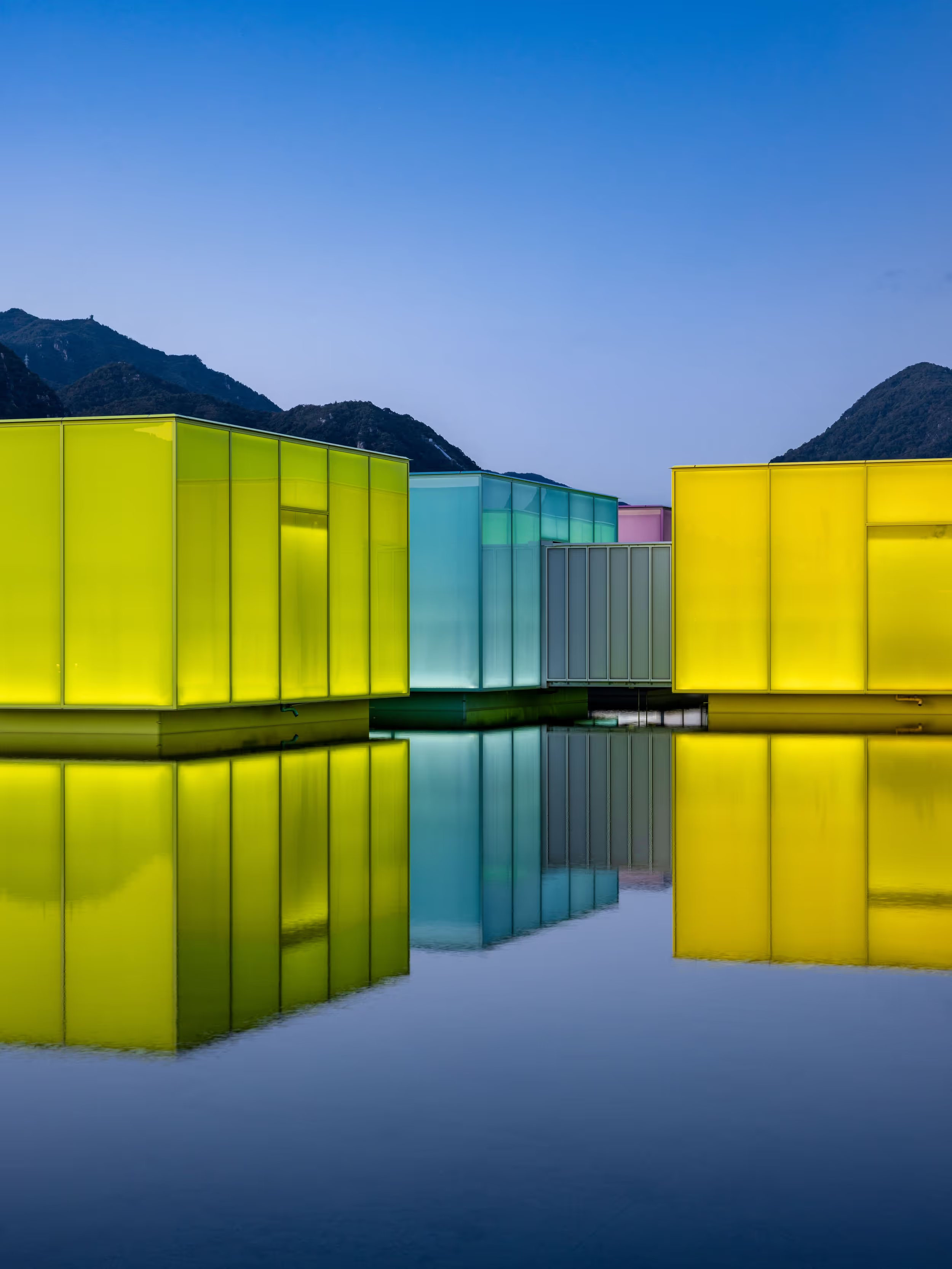Mask Making in Yunotsu: Step Inside the World of Iwami Kagura


Hidden amongst Yunotsu’s misty hot springs and stone alleyways, Kobayashi Kobo opens a quiet doorway into one of Shimane’s most distinctive traditions: the making of Iwami Kagura masks. Inside this modest atelier, artisan and performer Mr. Taizo Kobayashi hand-moulds fierce gods, swooping dragons, and wild-eyed demons from thick layers of Sekishu washi, a locally crafted paper made for over 1,300 years in the Iwami region.
Visitors are welcomed by private invitation to try their hand at mask painting, shaping pigment and character into these expressive objects under Kobayashi’s warm, expert guidance. With every stroke, you begin to understand not only the patience required but the deep emotional connection between performance, craft, and place.
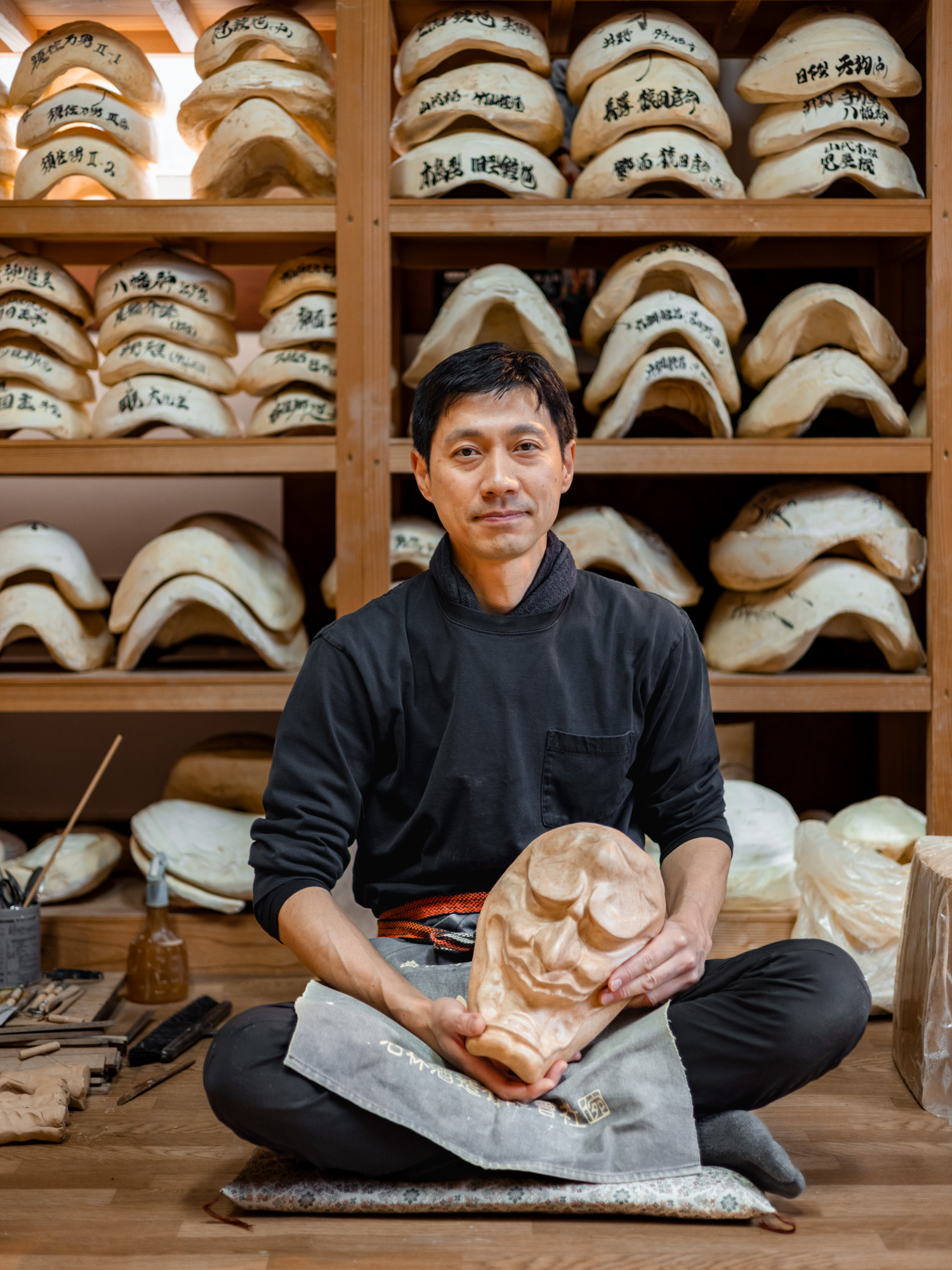
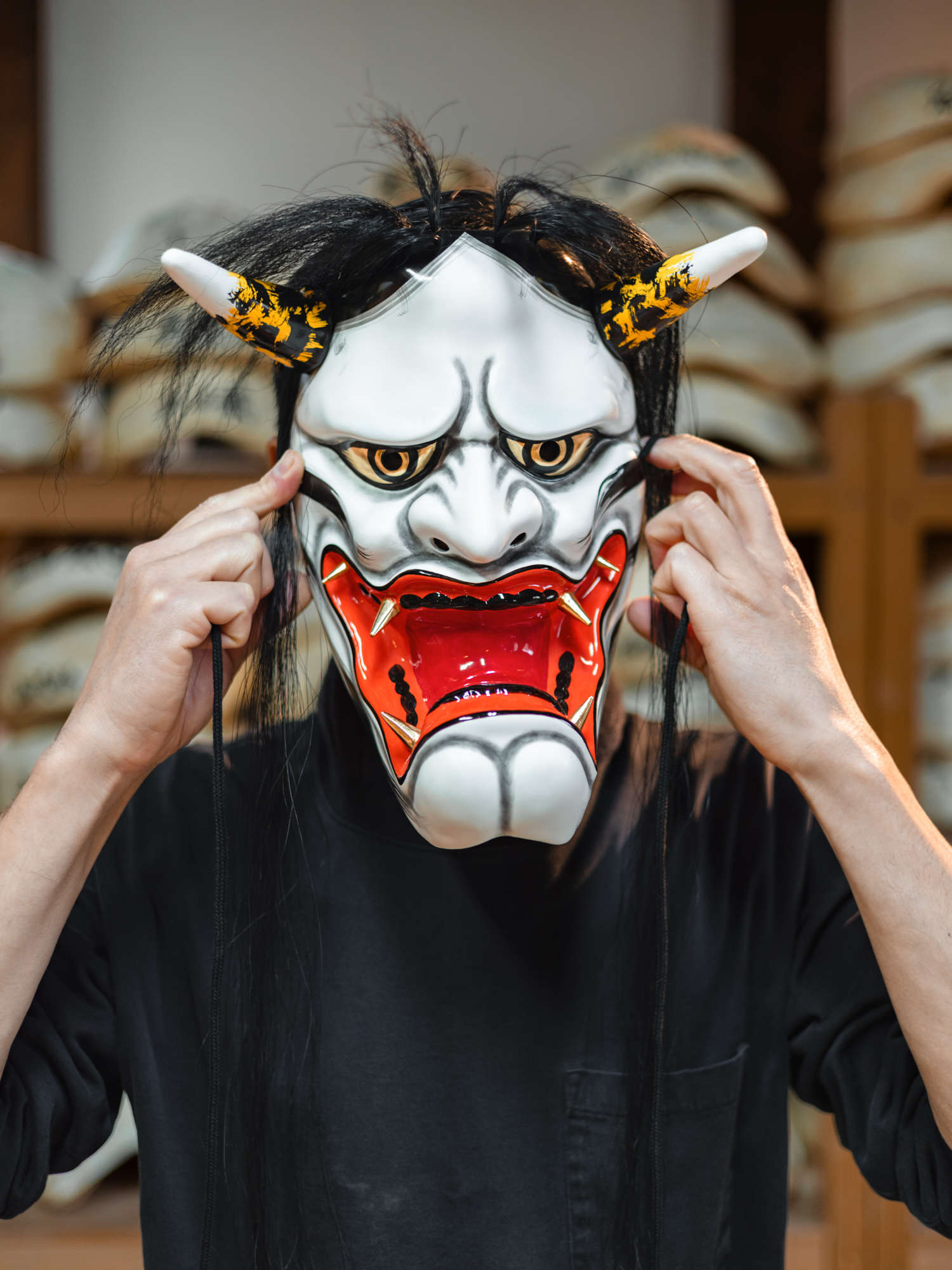
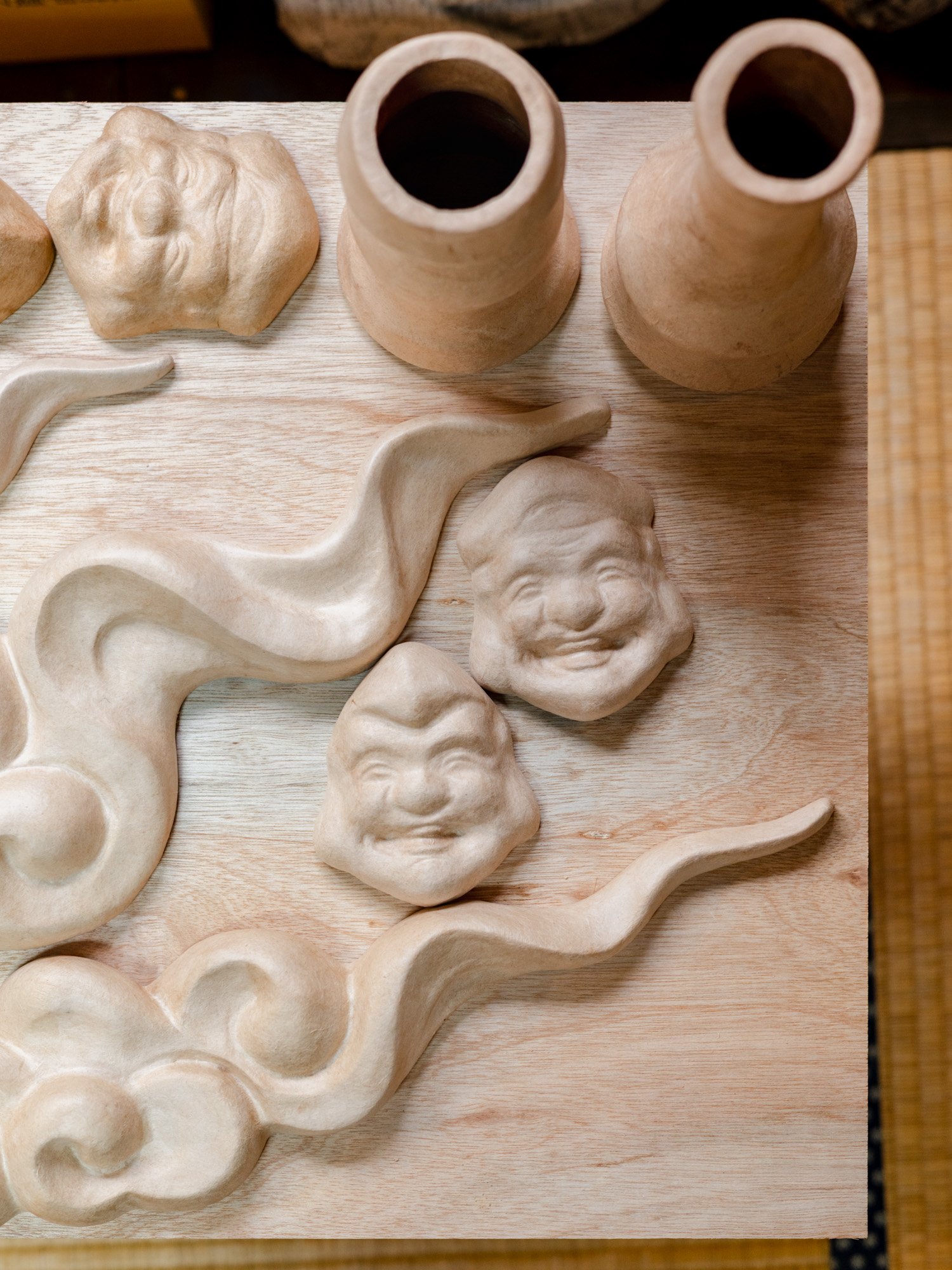
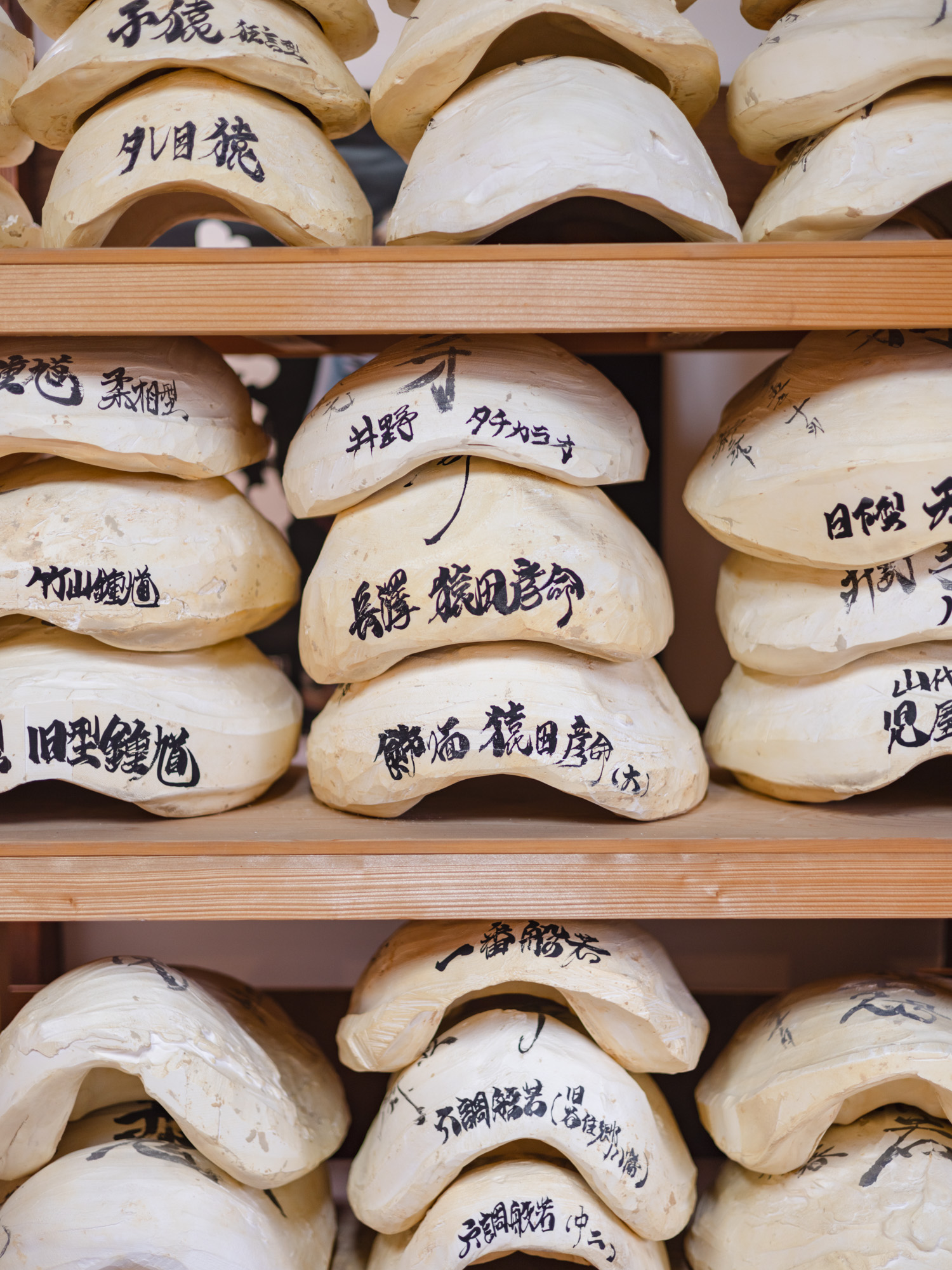
Inside Shimane: Craft, Ritual, and Deep Tradition
Gold-threaded dragons shimmer on handcrafted Iwami Kagura costumes, local artisans meticulously shape ceremonial masks in steamy hot spring towns, and design-focused ryokan blend discreetly into coastal fishing villages. This is Shimane; untouched by bullet trains, digital technology and mass-tourism. This is a deeply creative corner of Japan, rooted in local stories and an intentionally slow pace of life. Here, we invite you to discover ancient folklore rituals, meet the master craftspeople making elaborate masks and embroidered costumes, and dance to the beating drum of Iwami Kagura.
Read more: A Slow Journey Through Shimane: Where Folklore and Crafts Meet Coastal Calm.
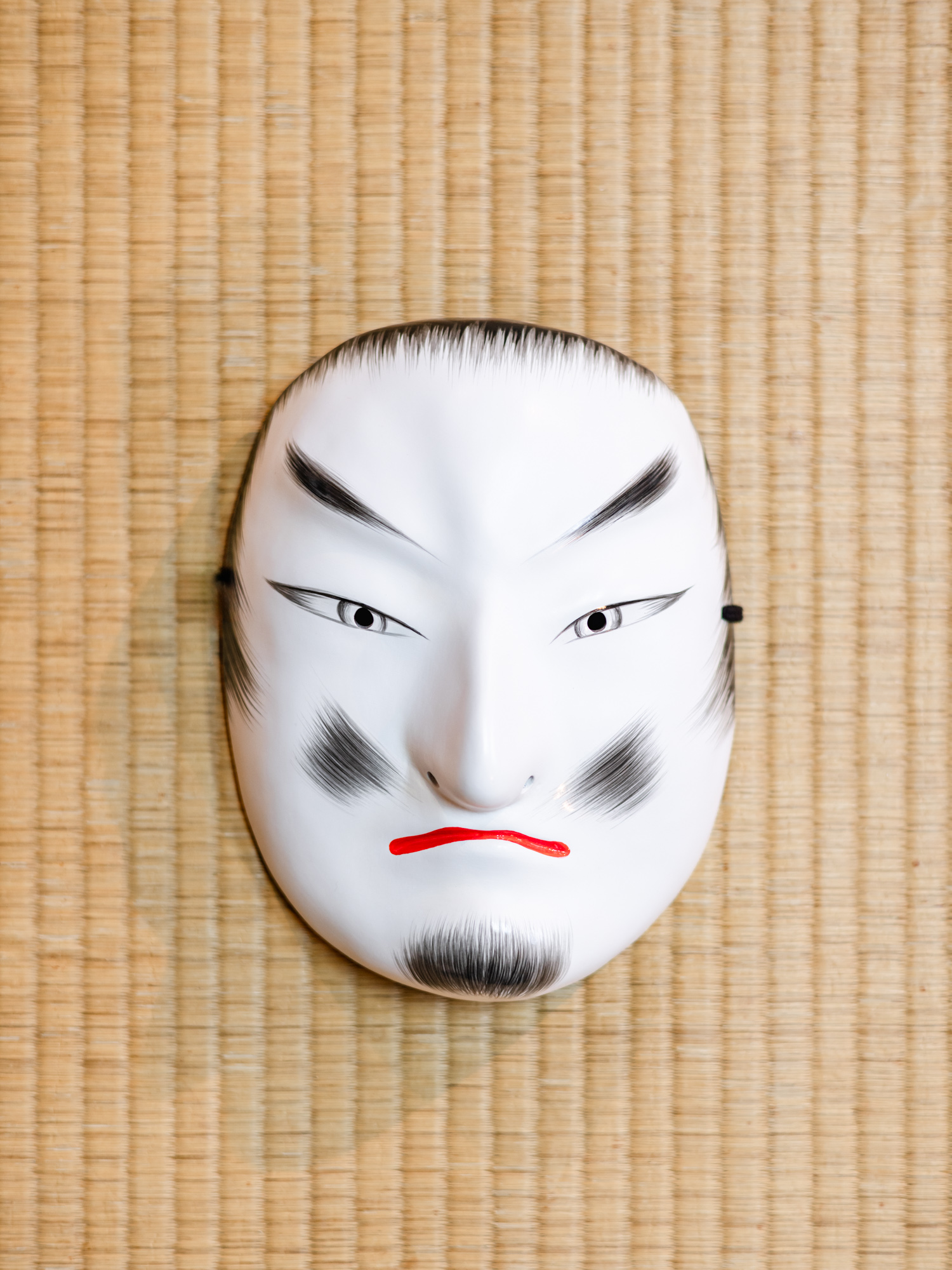
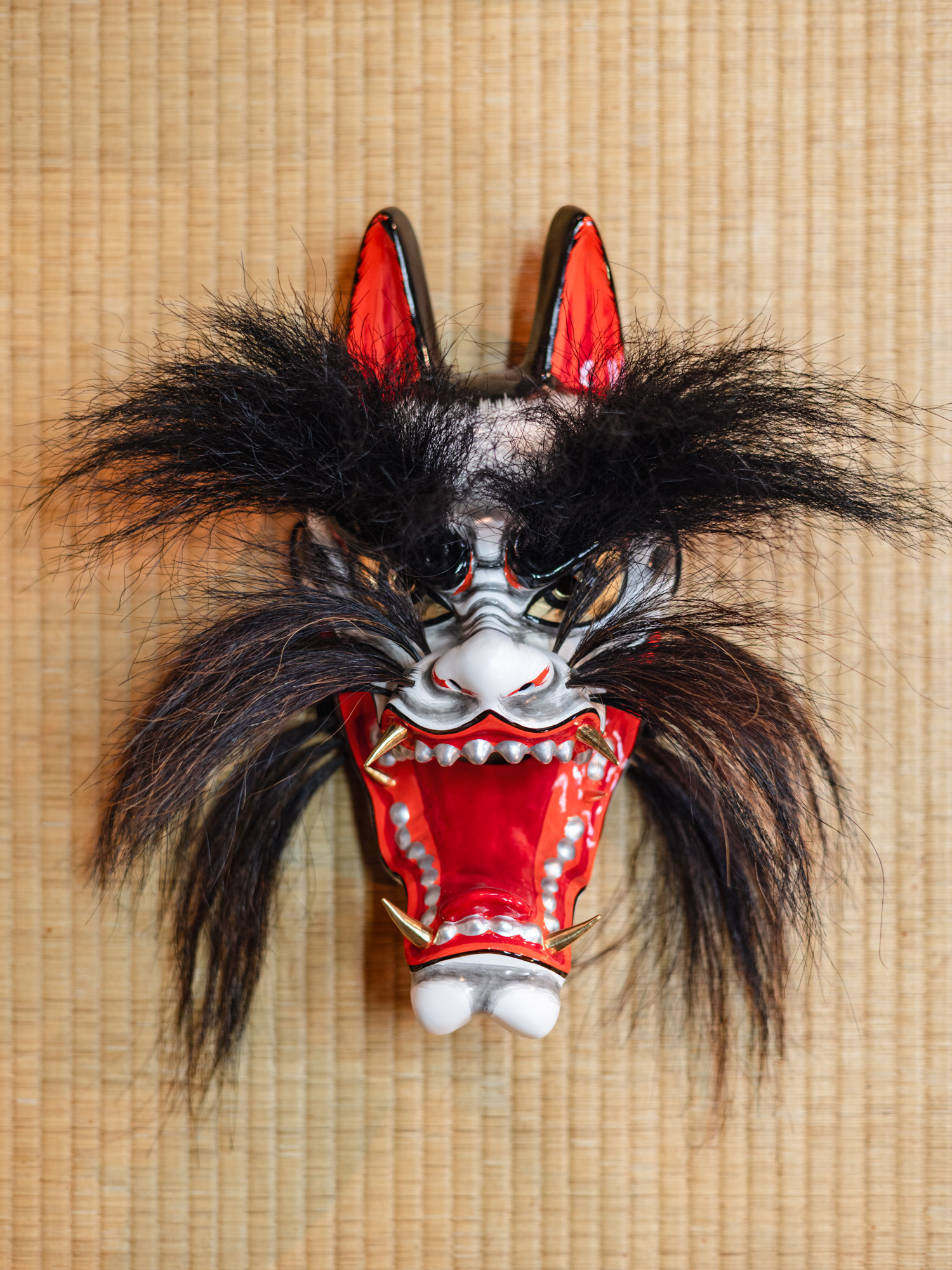
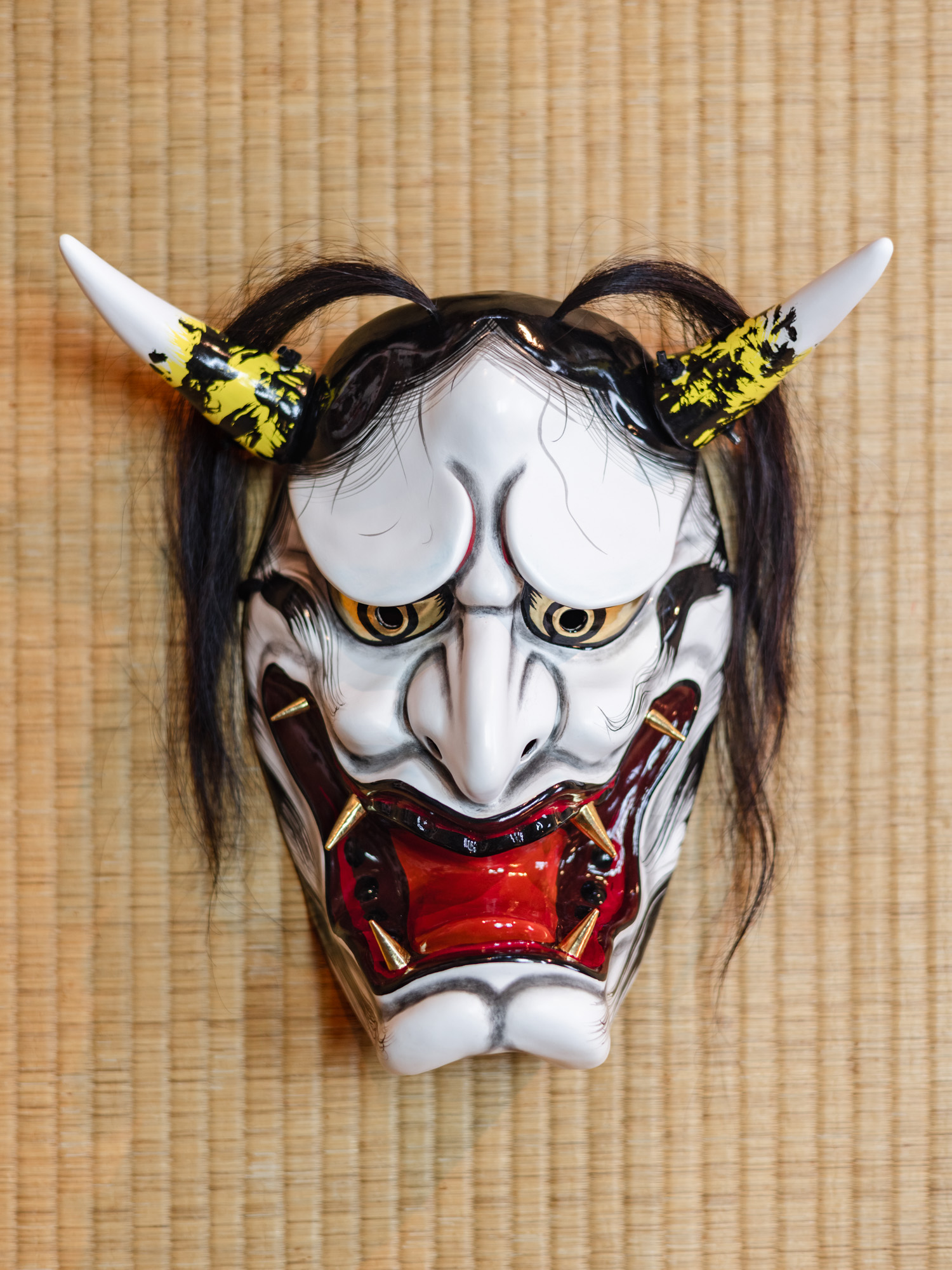
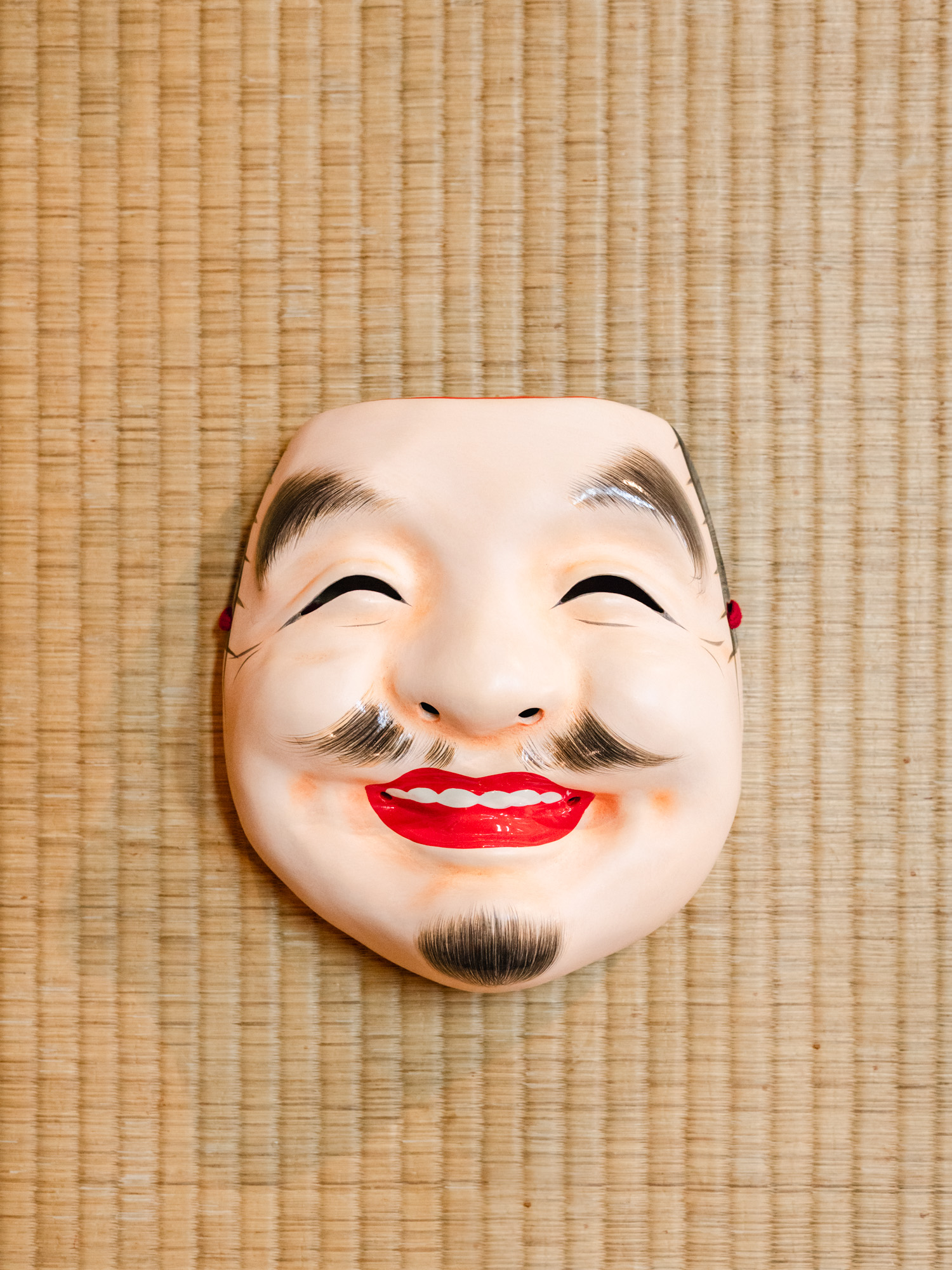
Why Kagura Still Matters
You can’t truly understand Shimane without first immersing yourself in Iwami Kagura. Originally a sacred Shinto ritual of gratitude for a good harvest, it has evolved into a full-bodied performance tradition, with live drumming, whirling dancers, and larger-than-life masks. It is especially beloved in Hamada and Yunotsu, where entire communities still gather late into the night to watch performers embody deities, demons, and ancient folk heroes.
Through movement, colour, and sound, Kagura continues to pass on regional stories from generation to generation. It’s not a fading tradition, it’s a living, collective celebration.
Start planning your customised itinerary today with our curated Journeys.
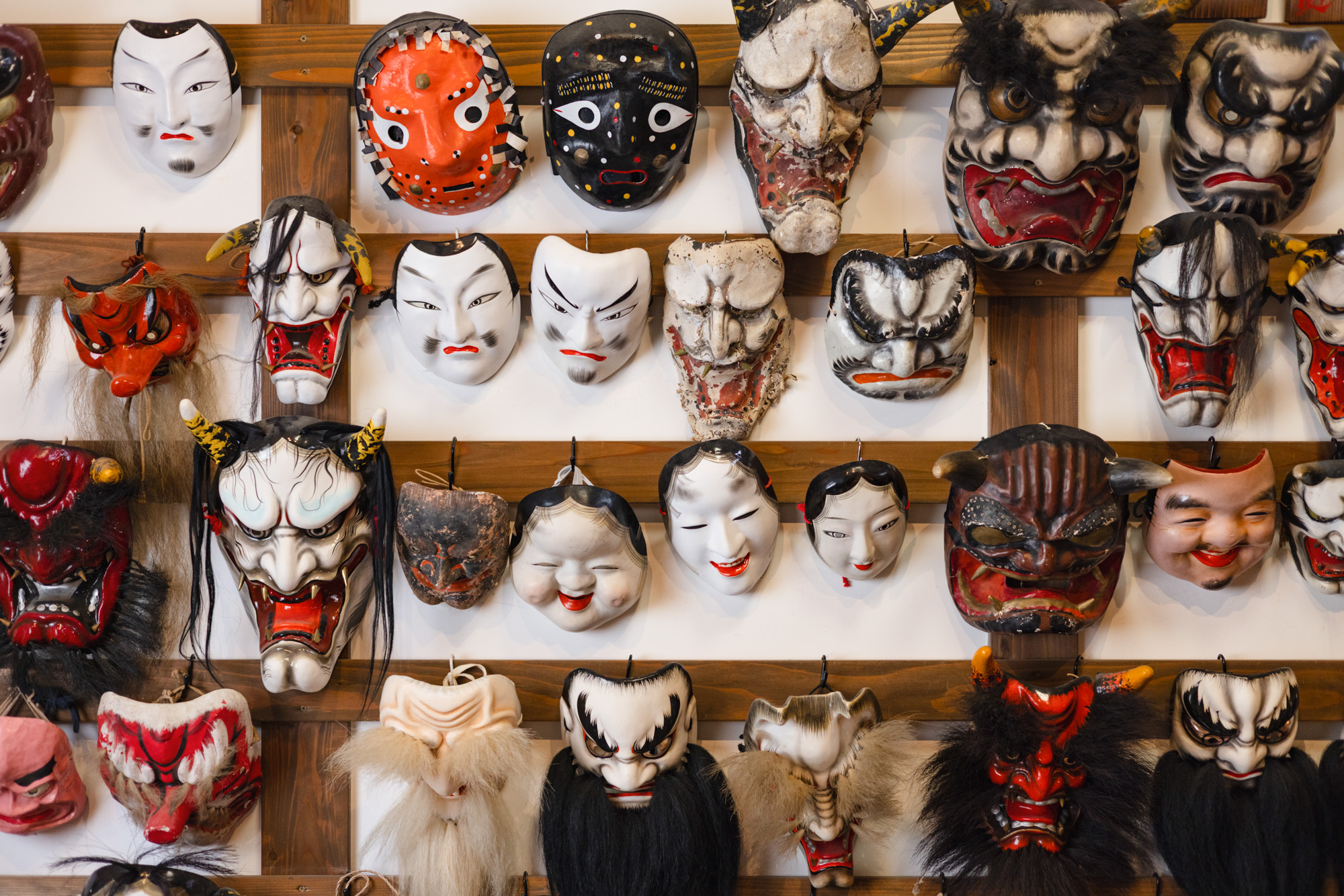
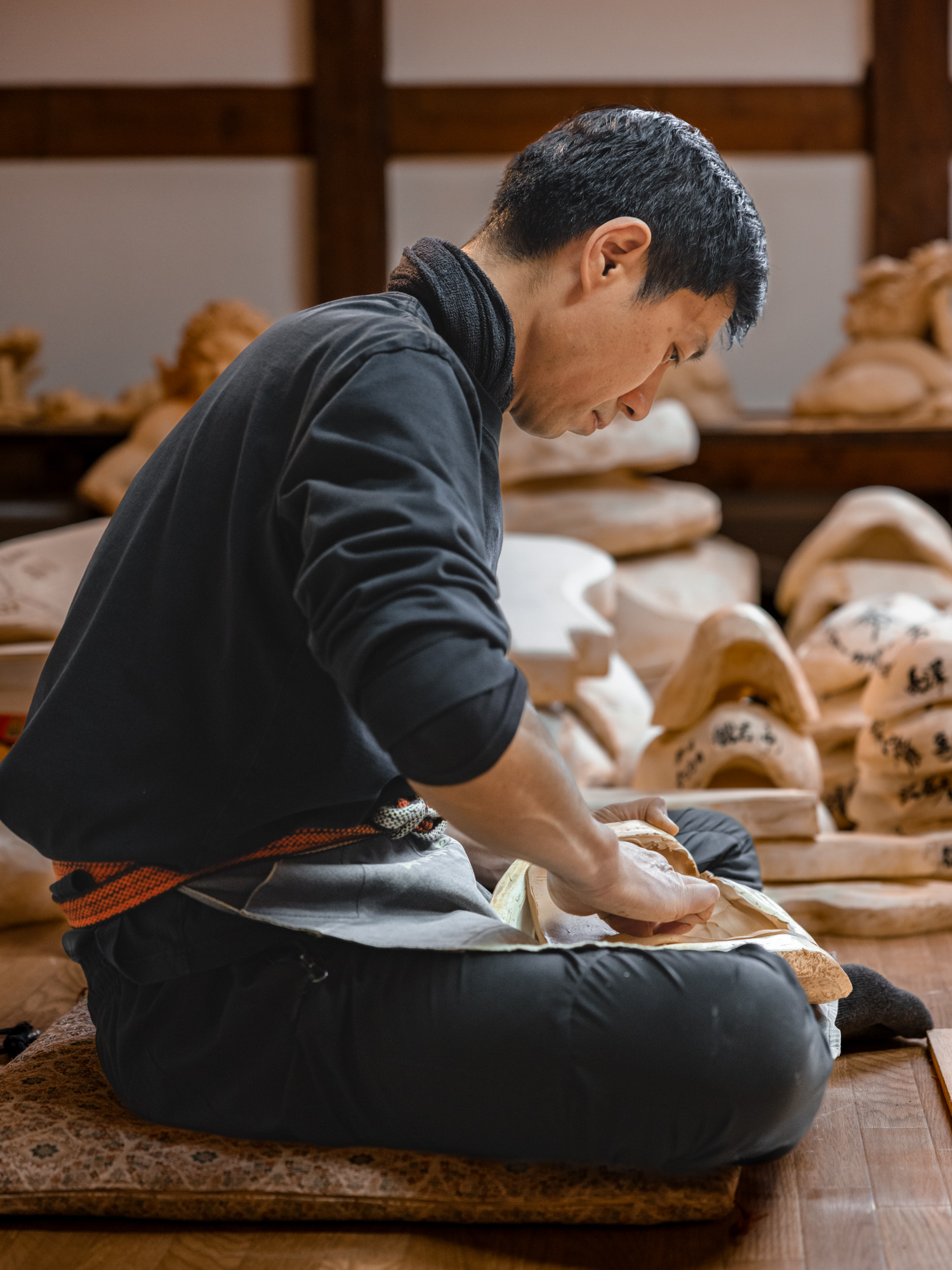
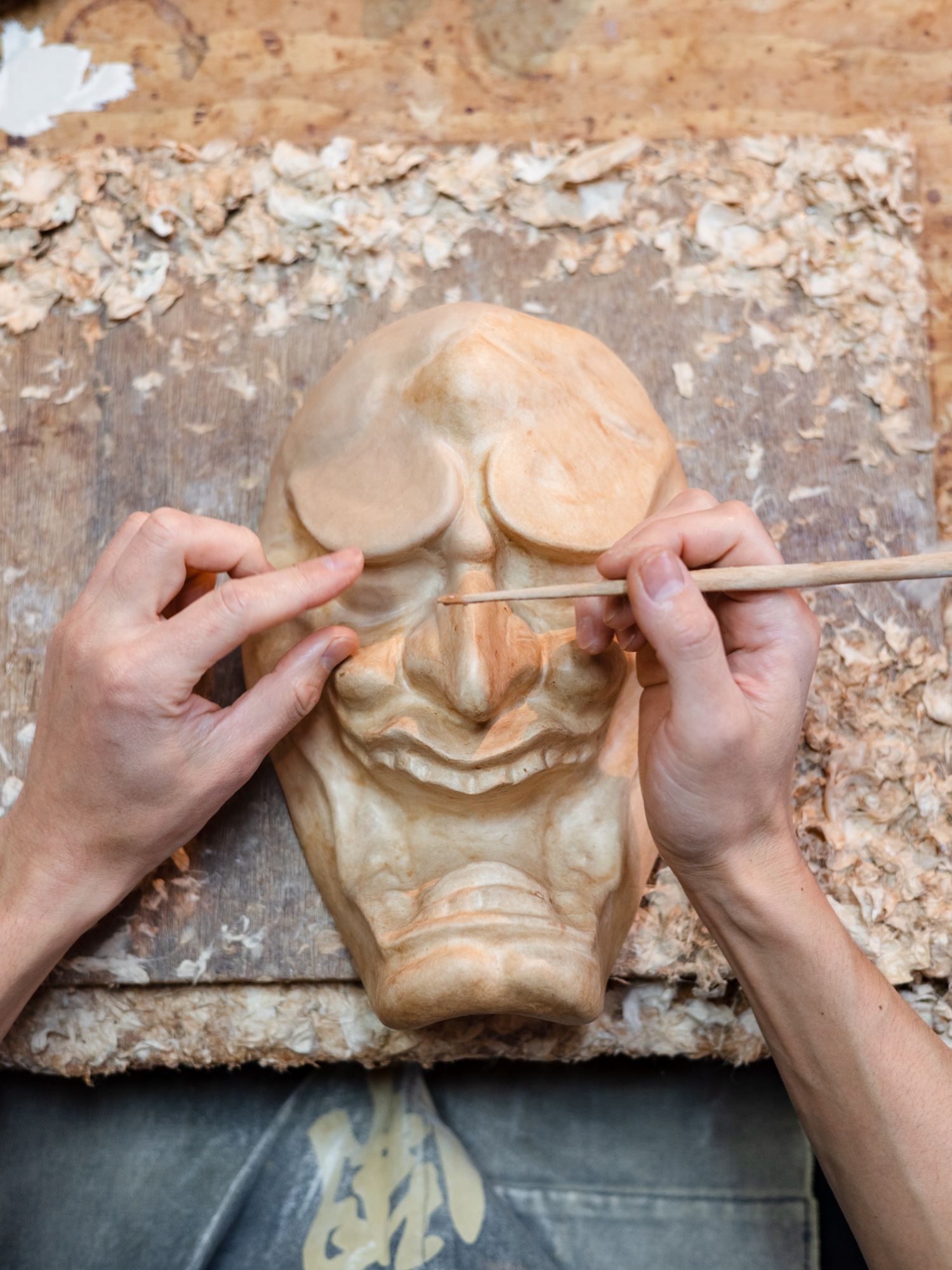
Inside Kobayashi Kobo: A First-Hand Experience
Just outside the old town of Yunotsu, a World Heritage Site known for its mineral-rich springs, Kobayashi Kobo invites you into the world of mask-making not as an observer, but as a participant.
Mr. Kobayashi began learning his craft at just eleven years old and has since become a passionate advocate for Iwami Kagura both in Japan and overseas. Today, he welcomes visitors to join him in painting their own Iwami Kagura mask, a casual yet profound way to engage with Shimane’s culture.
From four available types, writer Miwa Ishihara chose the Shoki mask, a deity known for warding off illness. With the mask already shaped and base-coated, her task was to bring it to life through beard, hair, and facial detail. Under Mr. Kobayashi’s gentle instruction, she concentrated deeply, paintbrush in hand.
It’s a beautiful observation: that intention, focus, and personality all find their way into the final piece. And that no two masks, even of the same design, are ever quite the same.
The painting experience lasts around 60–90 minutes. You leave not only with a mask, but with a tangible connection to Shimane’s folk traditions. Once home, it can be placed by a doorway or on a wall, as decoration, a protective charm, or a reminder of Japan’s enduring relationship with the spirit world.
Discover all our craft stories here.

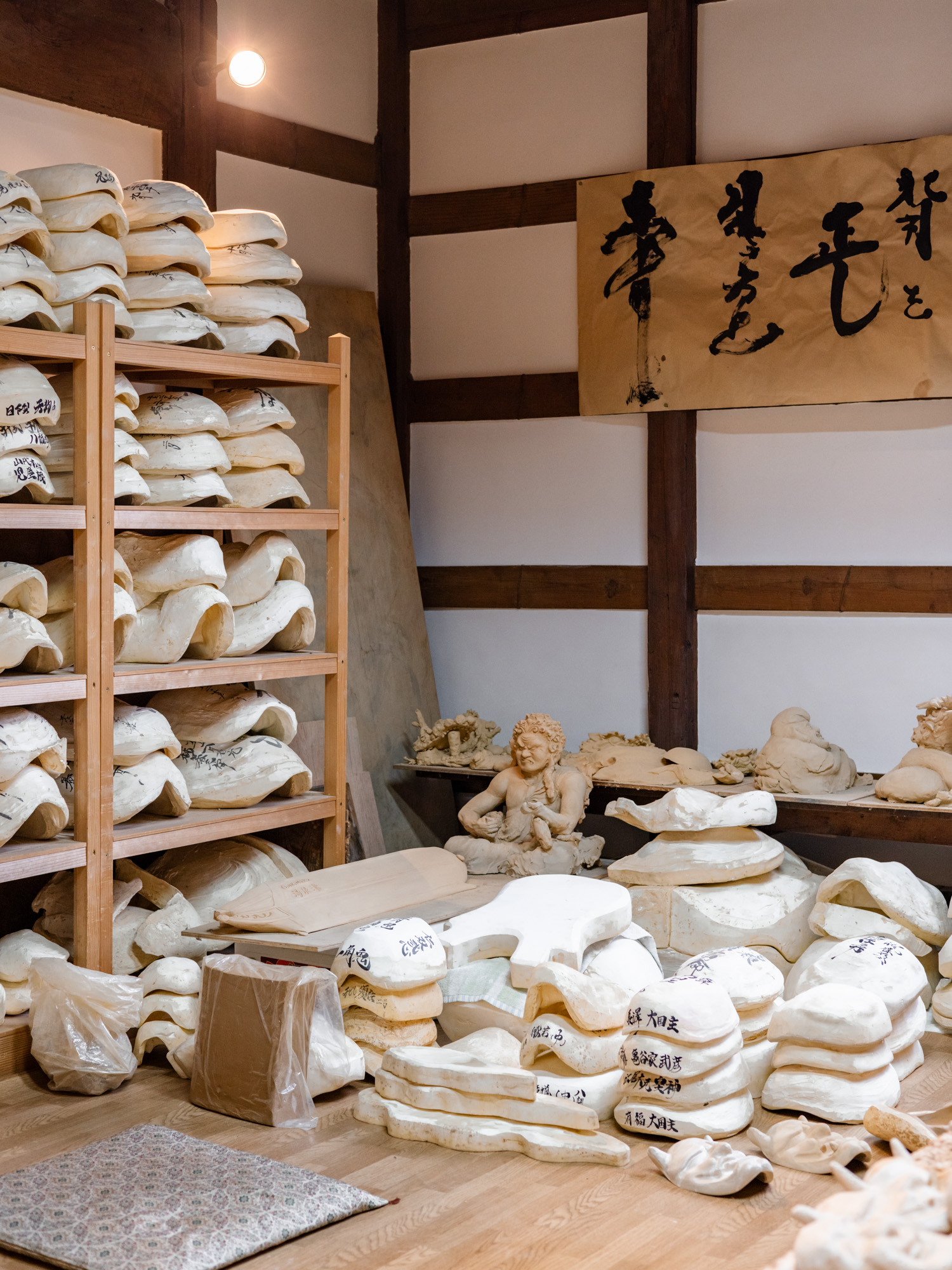
Nearby Highlights
Izumo Taisha
One of Japan’s oldest and most revered Shinto shrines, Izumo Taisha is steeped in mythology and said to be the gathering place of all the country’s deities. Walk beneath its towering torii and soak in the power of spiritual Japan.
Adachi Museum of Art
Renowned for its impeccably curated modern Japanese art and award-winning gardens, the Adachi Museum of Art is a serene fusion of creativity and nature, where every window becomes a living painting. Ideal for design-conscious visitors seeking quiet contemplation.
Matsue Castle
Among the few remaining original castles in Japan, Matsue Castle towers over its namesake city with quiet dignity. Explore its timber interiors, then wander the nearby samurai district for a glimpse into the Edo period’s refined, regional lifestyle.
KAI Tamatsukuri
This design-led hot spring ryokan by Hoshino Resorts sits along the Tamayu River in Shimane. It offers a thoughtful blend of craftsmanship, relaxation, and cultural immersion, from seasonal multi-course dinners to private onsen soaking with garden views.
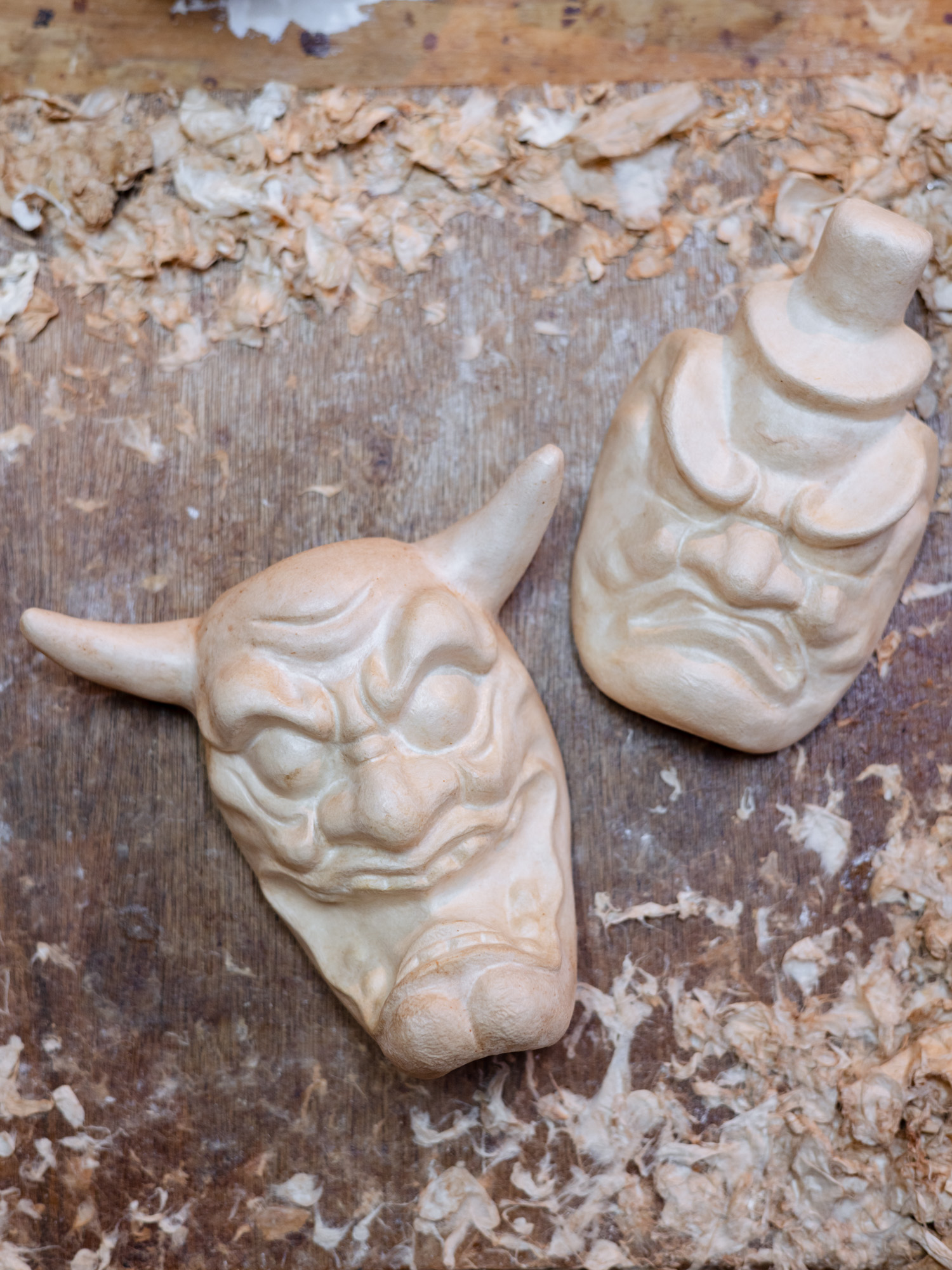
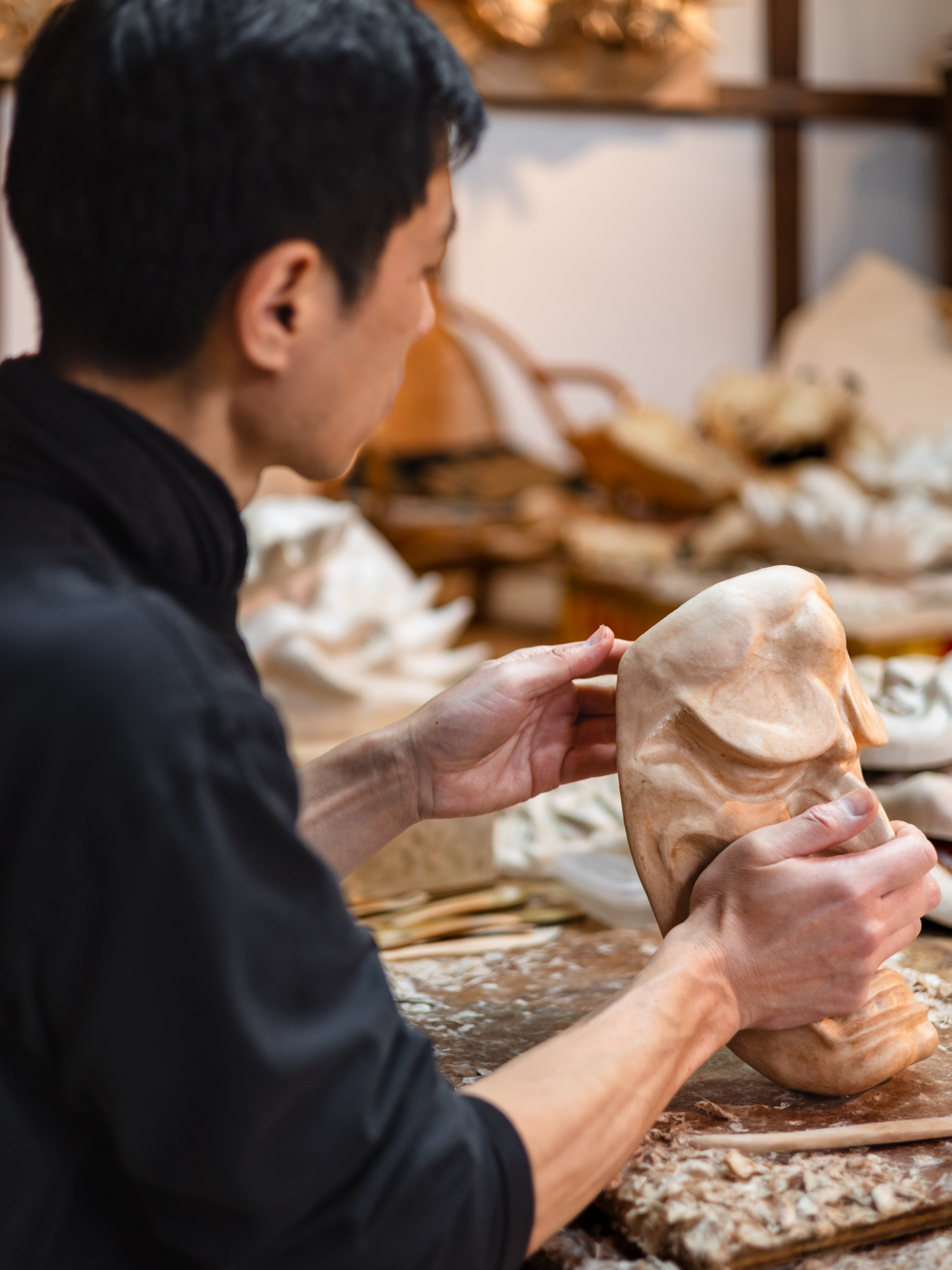
How to Get There
Shimane isn’t on the way, and that’s exactly the point. Reach it via regular flights to Izumo Airport from Tokyo or Osaka, or take the train to Matsue or Izumo Stations. From there, slow travel is the best approach: local trains, rental cars, and private drivers allow you to move at the region’s naturally relaxed pace, discovering quiet onsen towns, coastal shrines, and age-old craft studios like Kobayashi Kobo along the way.
Affiliate Disclosure: This post contains affiliate links. By purchasing via these links we may earn a small commission at no additional cost to you. We only promote hotels and experiences that we personally trust. Thank you.

Craft Your Dream Trip to Japan
The Views from Japan Planning Sessions are one hour private calls where we design your once-in-a-lifetime Japan adventure, together. Your bespoke Planning Toolkit gives you complete access to my insider knowledge, travel experience and Japan expertise.
{{Callout Large Journeys}}



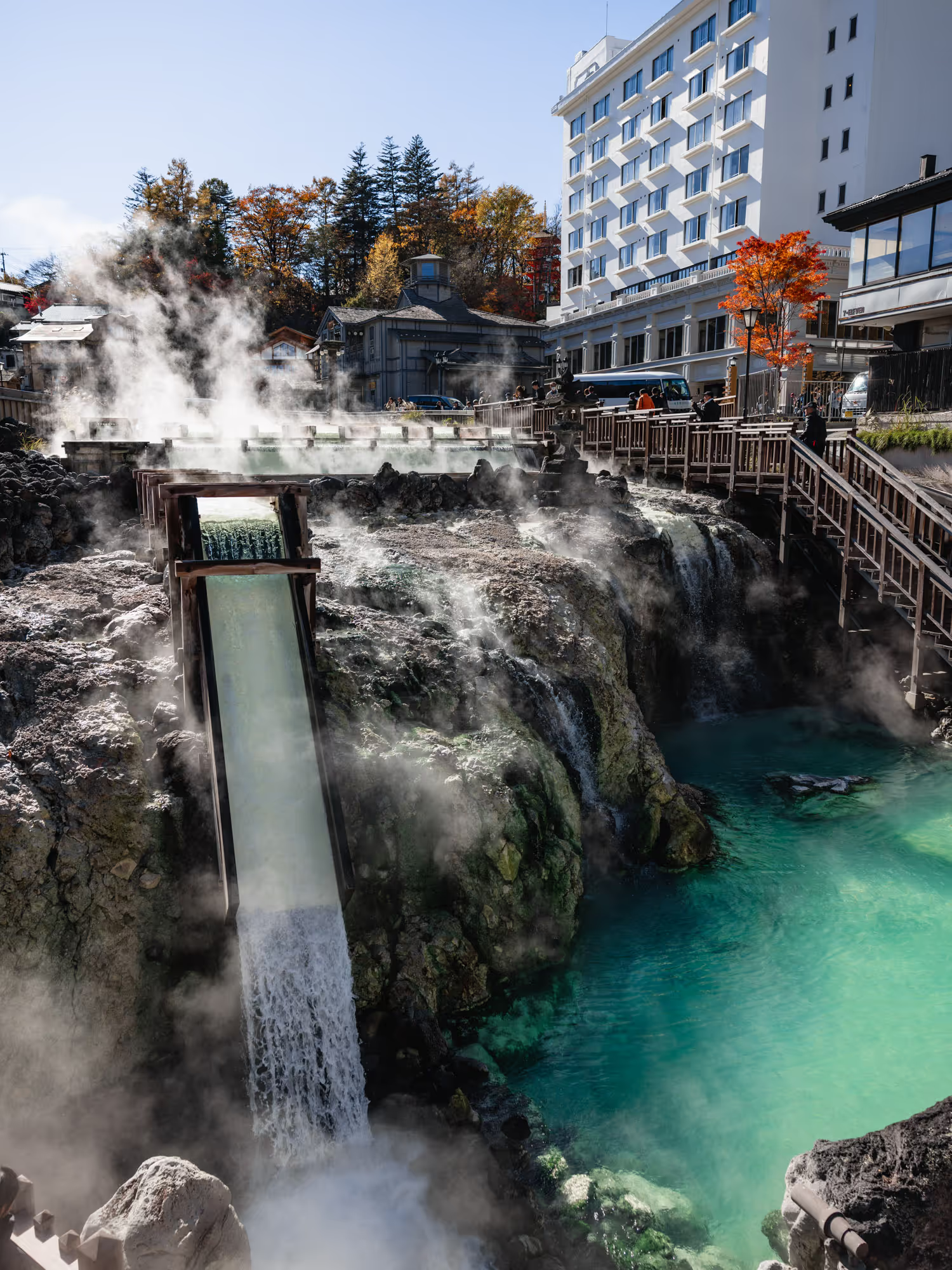
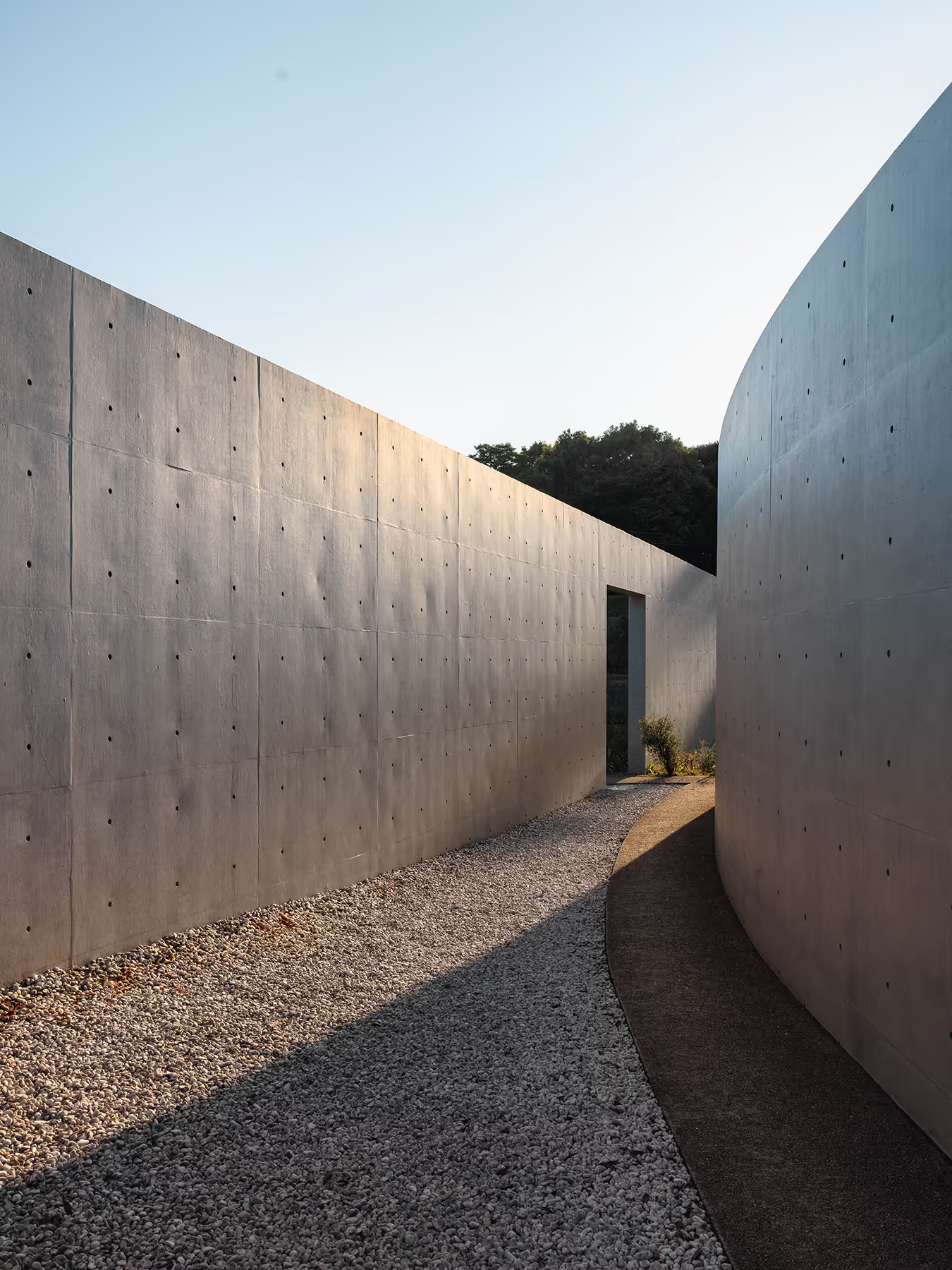



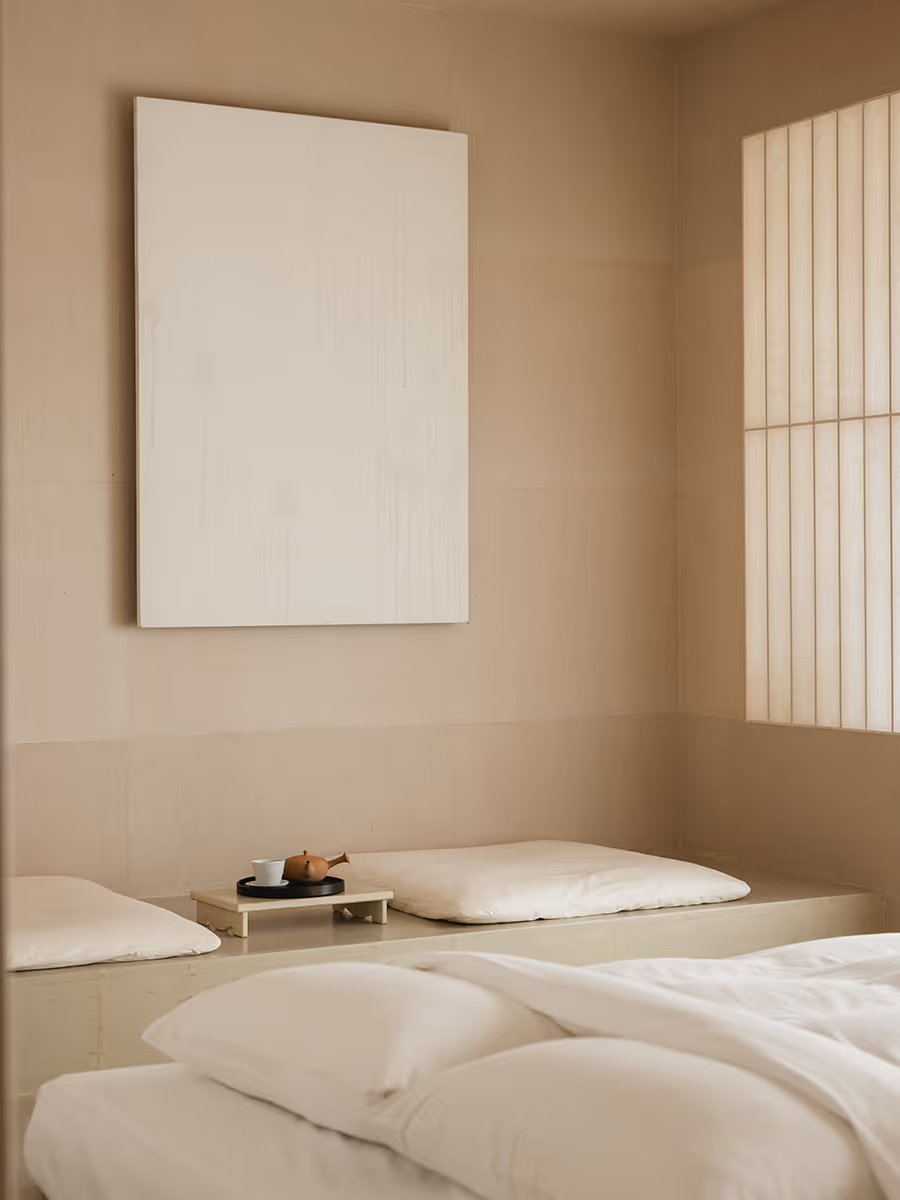



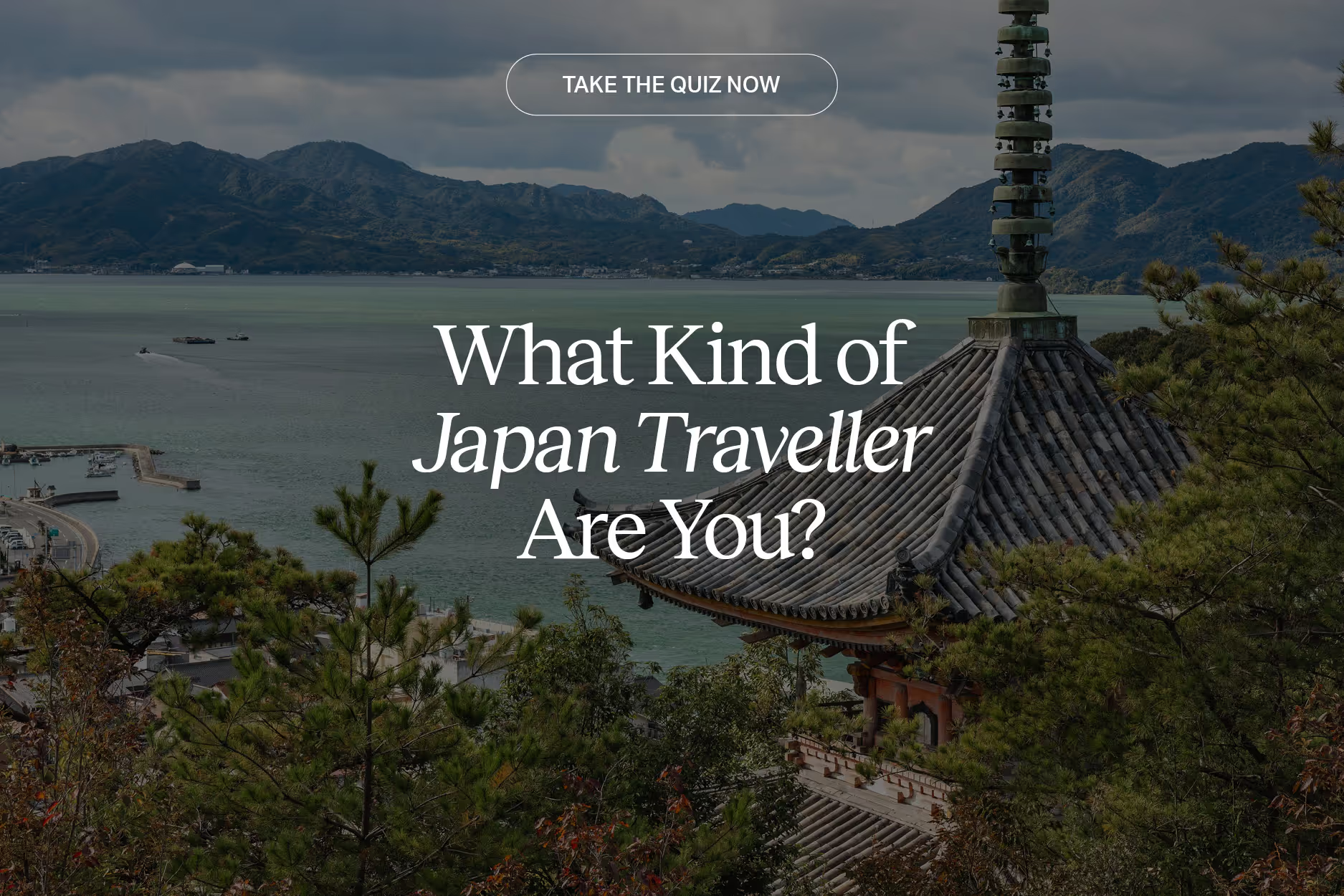














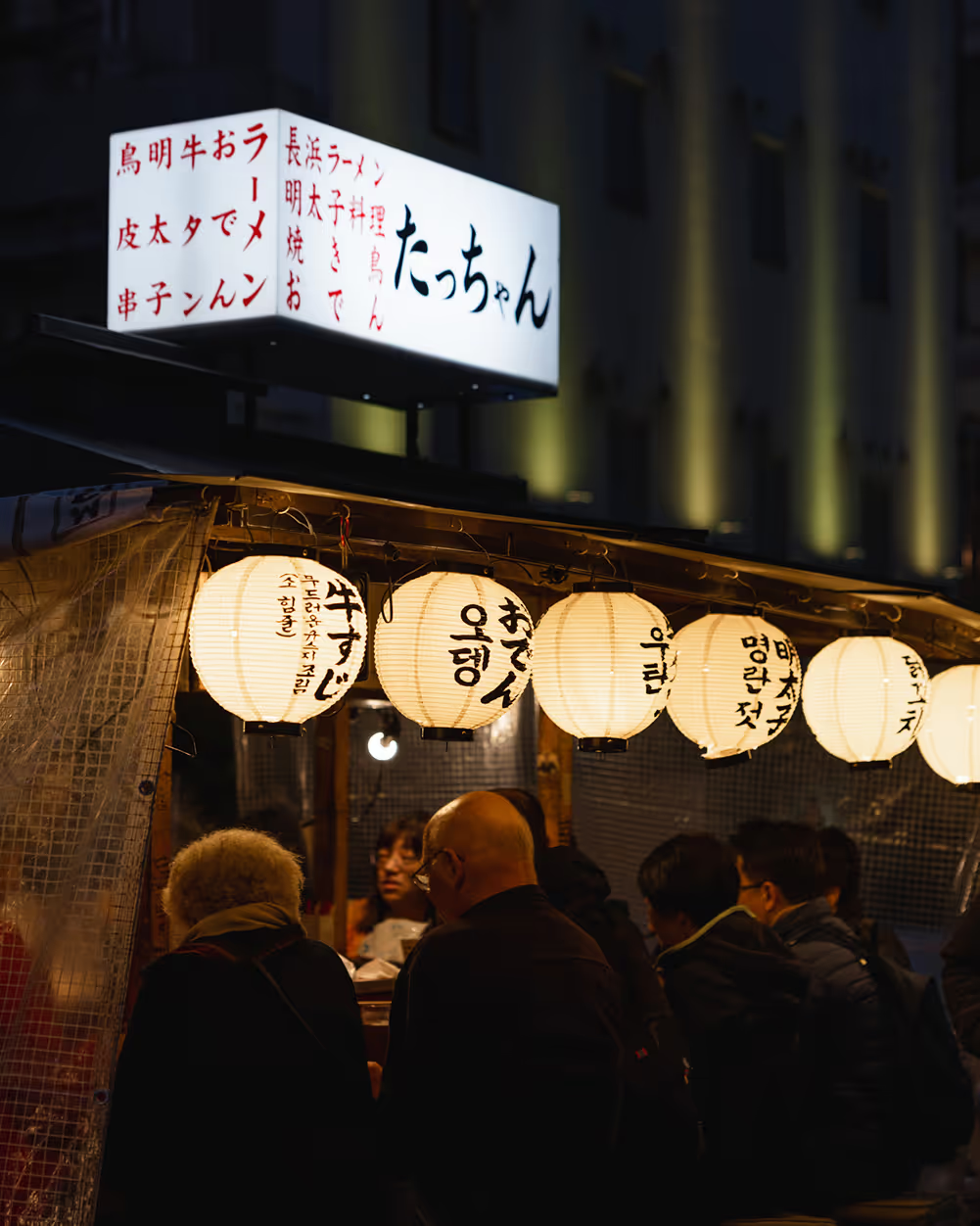












































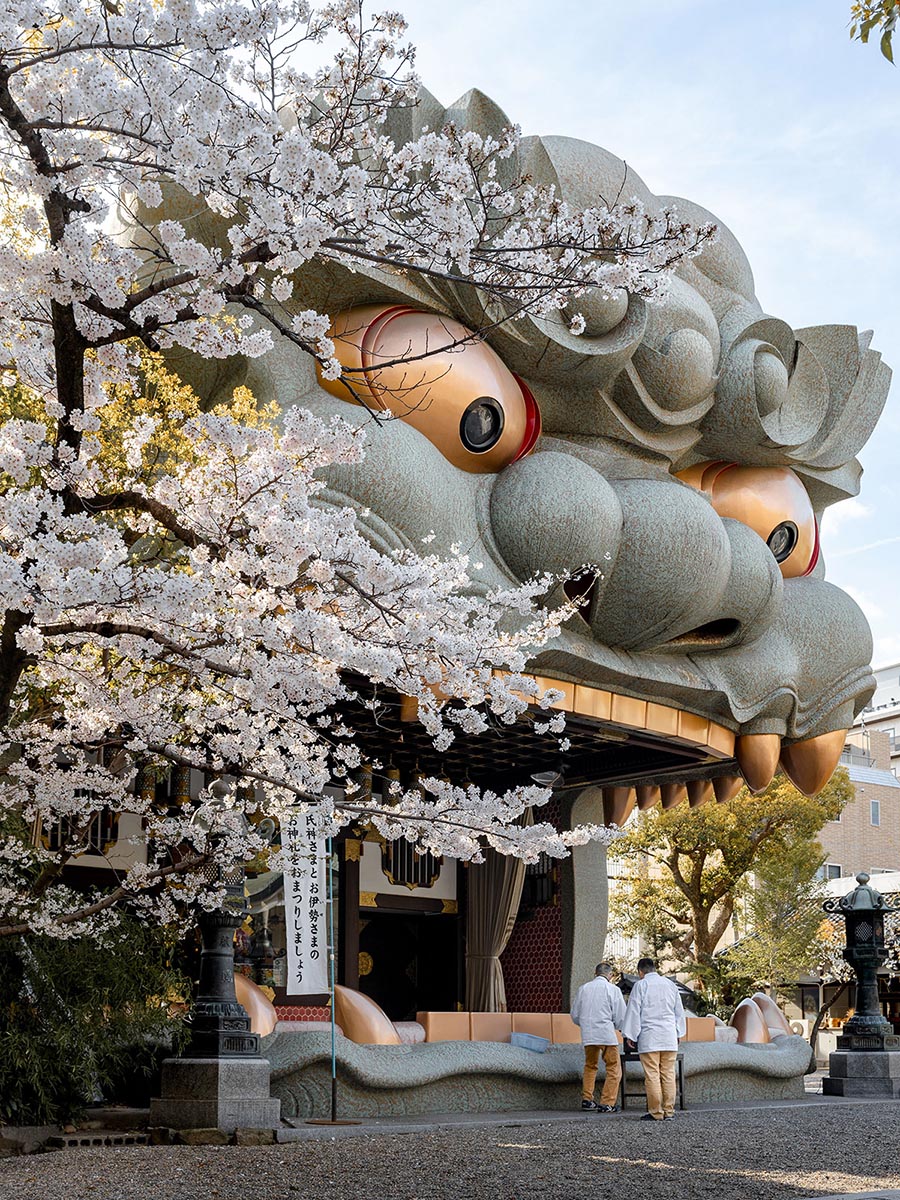
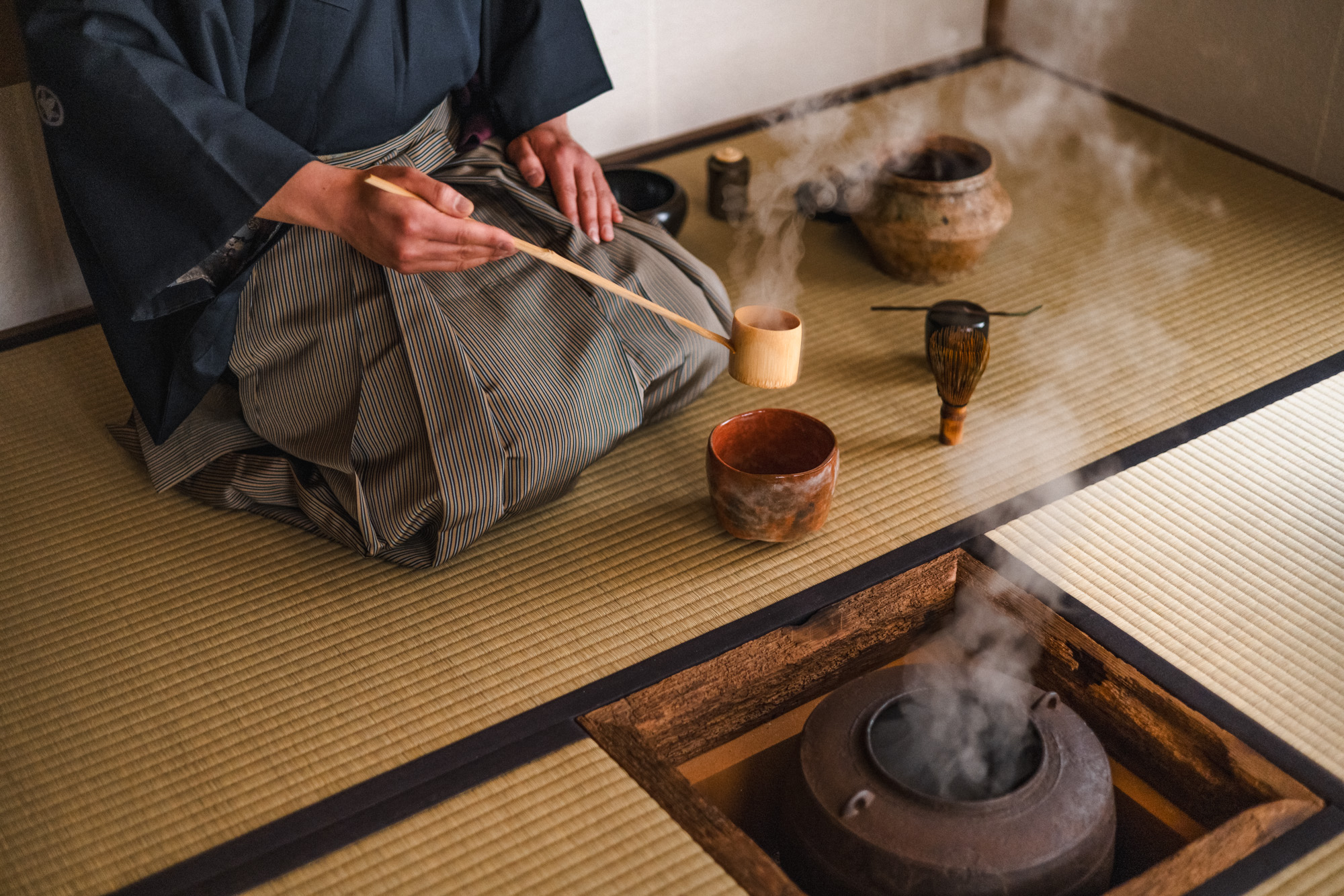
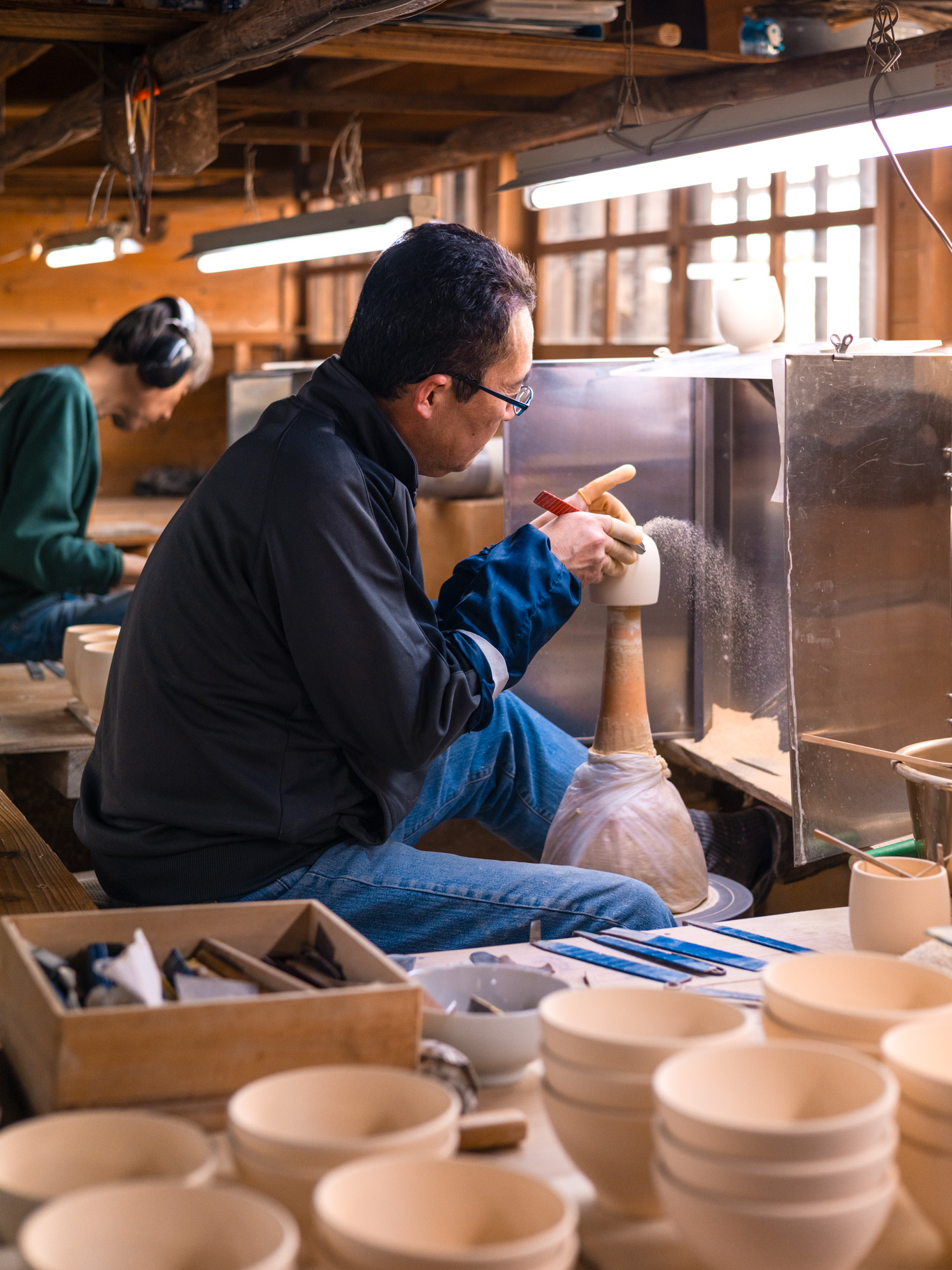


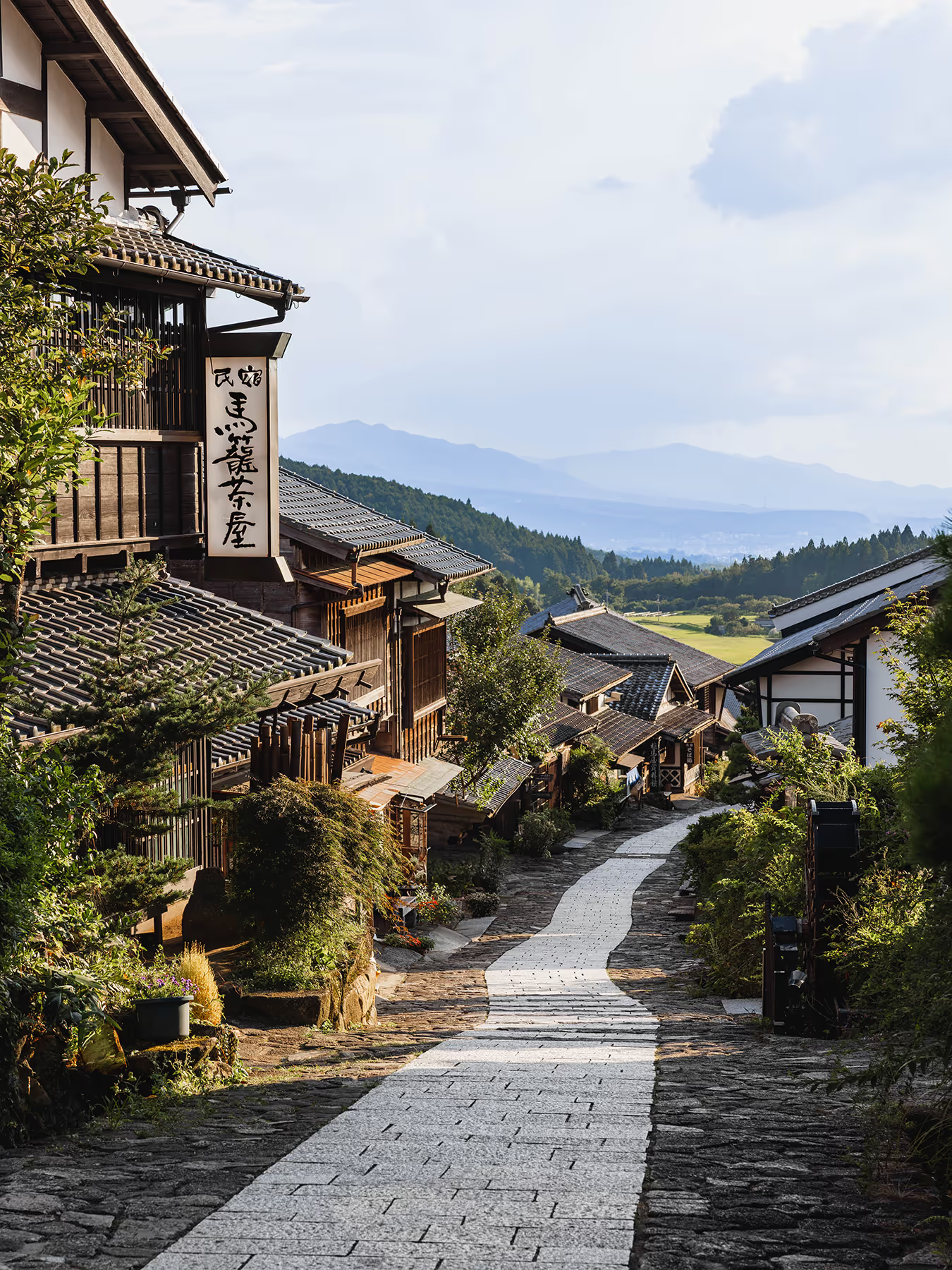


.avif)
.avif)




